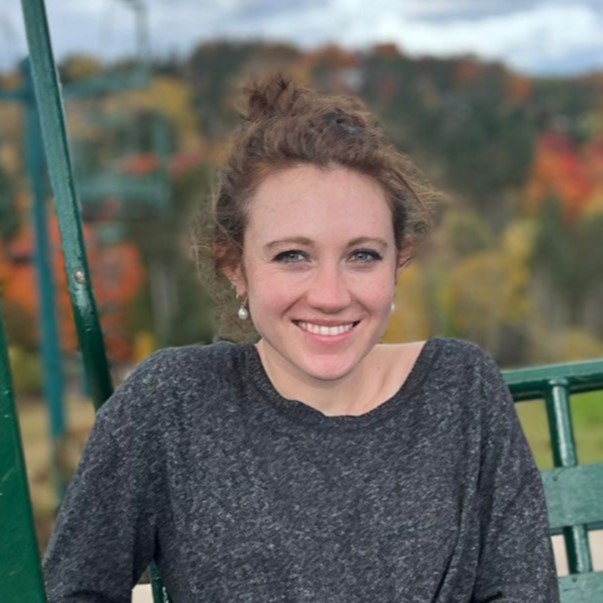Convocation Spotlight: Erin Tichenor
26 November 2024
 Erin Tichenor is graduating with a master’s of science degree in rehabilitation science and has already started her PhD program in that area. Her research interest focuses on health inequities and challenging assumptions.
Erin Tichenor is graduating with a master’s of science degree in rehabilitation science and has already started her PhD program in that area. Her research interest focuses on health inequities and challenging assumptions.
Tichenor shares her views on rehabilitation, what helped her through her program and what she has learned about herself in the process.
What drew you to rehabilitation medicine?
I was looking for mentors who are doing critical work that unsettles oppressive norms, assumptions and practices in health and social services, broadly speaking, and many rehabilitation scholars are attending to these issues in interesting ways. I'm only realizing it now, but the whole concept of "rehabilitation" (as well as "occupation") is rife with areas to explore conceptually (to unpack the assumptions embedded within the terms), with implications for how we improve health equity.
What are you most proud of from your time in the program?
I am proud of the ways in which my research evolved over the course of my program. By learning from a variety of theorists, methodologists and activist movements, I ended up critiquing some of the assumptions I brought into the project.
How did you stay motivated?
Graduate school is difficult because it's a long, often isolating journey with a lot of precarity attached to it. I still struggle, but it helps to have a support network, accommodating peers and colleagues, and people who validate me and remind me of broader perspectives.
Did you receive any financial awards?
U of A Graduate Entrance and Recruitment Scholarships, Al Cook Graduate Scholarship in Rehabilitation Science, research and teaching assistant opportunities.
Did you have any exceptional experiences?
Through my various research and teaching assistantships, I've learned more about myself — my strengths and my limitations — and how understanding these can guide my decisions and approaches going forward, as well as the supports I need to have in place.
What advice would you give to a student thinking of entering this program?
Keep an open mind and be open to challenging your own assumptions about research. Ask what any given approach does, for whom, in which contexts, and in the service of which systems.
What comes next for you?
I'm in my first year of my PhD in rehabilitation sciences now, and I suppose one of my queries is to ask what it opens up for our practice, advocacy, research and teaching to acknowledge the fact that the systems we are in — health care, academia, industry, and so on — do not intend on improving health and well-being for all, and in fact, are built to maintain structural health inequities. And where do we go from there?